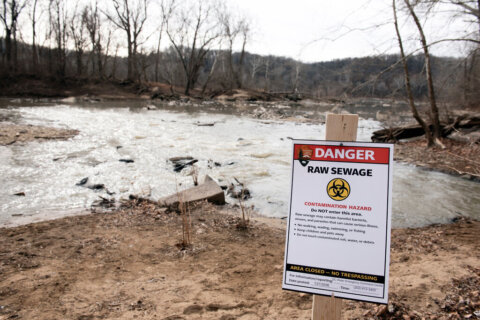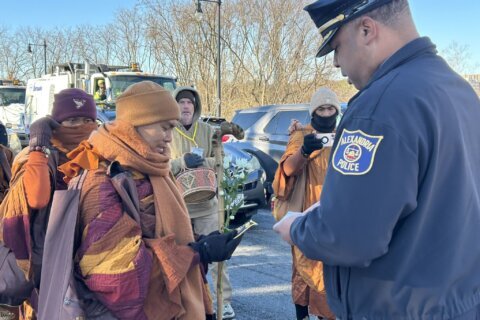For the first time, the U.S. census head count of the nation’s residents will be predominantly online, and there’s concern that could contribute to incomplete counts.
“When I go out and talk to community groups, no one is aware that the census is primarily online this time around,” D.C. Census 2020 Executive Director Melissa Bird told the Metropolitan Washington Council of Governments Board on Wednesday.
Bird and her counterparts from Arlington County, Virginia, and Prince George’s County, Maryland, briefed board members about efforts to prepare for the count.
She explained how postcards or letters would be sent to every resident in the nation in March 2020, inviting them to go online to participate.
Bird was among those gathered who expressed concern about a technology gap. About 22 percent of District residents don’t have online access in their homes or on their phones.
“You can call and request a hard form,” Bird said, while adding, “We know a lot of folks who are used to getting the form mailed to them — they’re not going to [understand] that. We want to make sure we don’t lose them, because they’re not aware of the process.”
Federal aid such as Medicaid, food stamps, housing and child care vouchers and school grants are based on the census count. Getting it right also is considered a social and racial equity issue.
“When we have an undercount, the most vulnerable populations are the ones that are the most negatively impacted,” Bird said. “That would be low-income African-Americans, young children, seniors and, especially in 2020, the immigrant population.”
Localities regionwide have been updating resident addresses where census inquiries will be mailed.
In Prince George’s County, that’s led to between 38,000 and 40,000 corrections to the address rolls. Arlington County has made about 30,000 address corrections. In all three jurisdictions, substantial portions of the residents live in what are termed “hard-to-count areas.”
“It’s our goal to have as many partners as possible,” Arlington County principal planner Elizabeth Hardy said of census efforts.
She considers the entire county a hard-to-count area. “We want every civic association, every nonprofit, every school, every faith-based group, every sports league, every dance troupe, every business, restaurant — we want everyone to become a census partner in Arlington County,”
By late June, a U.S. Supreme Court ruling is expected on whether the census questionnaire can include a question about citizenship. Even the discussion of whether to include the question is having a stifling effect, according to some.
“It’s already created over the past year a significant level of apprehension,” said Jim Cannistra, Prince George’s County’s Census 2020 lead. “I think it’s going to make it much, much more difficult to achieve the response rates that we’ve been able to achieve in the past.”







